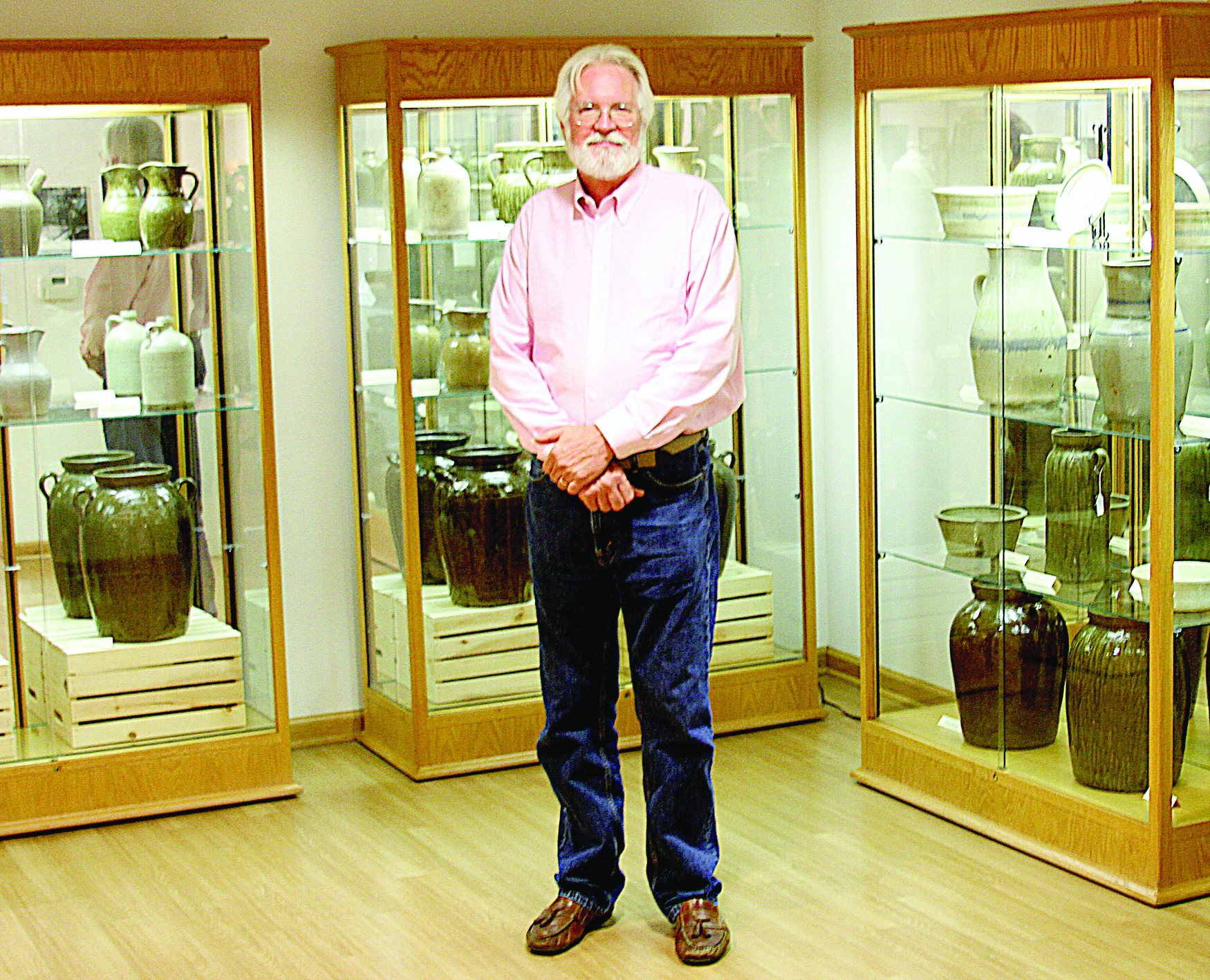A look at the similarities and the differences between a medical examiner and a coroner
Published 11:57 pm Thursday, March 30, 2006
VALDOSTA — The line between the responsibilities of a county medical examiner and those of a county coroner may be hazy to the average citizen. However, there are a number of differences between the two positions that make the line seem much more concrete.
A county coroner is an elected official. In the state of Georgia, a county coroner does not require any specific medical qualifications. The coroner serves a four-year term before having the opportunity to be re-elected. In the state of Georgia, a person wishing to run for the office of county coroner must be 25 years old with a high school diploma, must be a registered voter, a county resident for at least two years and must complete a training course in addition to 32 hours in training each year, according to the Center for Disease Control.
In contrast, a medical examiner is a licensed physician and is appointed by county officials. In most instances, a medical examiner is a board certified forensic pathologist in addition to having a medical degree. In the state of Georgia, a medical examiner is not appointed for any specified length of time, except in Fulton County, where the medical examiner serves until he or she dies, resigns, or is removed from office, according to the CDC.
Despite differences, both positions investigate the same types of deaths which include death by violence, suicide or casualty, sudden death when victim is in apparent good health and death of an inmate of a state hospital or state, county or city or penal institution, among others. In the instance that an autopsy is needed in a county using a coroner system, the body of the deceased is sent to a state or regional medical examiner, according to the CDC.
Lowndes County is currently served by County Coroner Charles Exum, who won his re-election campaign in November 2004. Autopsies and other medical tests for Lowndes County are conducted at the forensic laboratory in Moultrie.
According to the State Medical Examiner Kris Sperry, the Moultrie office currently serves 36 counties in addition to Lowndes County. Only four counties out of Georgia’s 159 have their own medical examiner system, Sperry said. These counties include Fulton, Cobb, Gwinnett and Dekalb, and are all in the metro Atlanta area.
There have been talks throughout the city and county over the past few months of transitioning from a coroner system to a medical examiner system. Councilman James Wright brought up the issue at the Council’s annual retreat and at the Lowndes County Commissioner’s meeting Tuesday evening. Wright began his campaign to switch to a medical examiner system after his brother’s death at the Lowndes County Jail in February.
Exum commented in a March 11 article in The Valdosta Daily Times that it would be a conflict of interest for the county to employ its own medical examiner when the state already has a person in place at the state crime lab in Moultrie.
According to Georgia Code 45-16-80, any county is authorized to abolish the office of the coroner and replace that position with a medical examiner. Code Section 1-3-11 adds that the office of an elected official cannot be abolished without a referendum approved by the people of the jurisdiction affected. Therefore, in order to transition from a coroner system to a medical examiner, a referendum would have to be placed on a ballot and voted on by the citizens of Lowndes County. The next step in the process would be securing the funds necessary to open such a facility.
With the current coroner system, any case sent to the medical examiner’s office is paid for by the state. With a county medical examiner, money for salaries, equipment and facilities would have to be secured by the county. According to Sperry, start-up costs for such a facility and the first year of operation could total as much as $750,000. Costs could also reach $500,000 per year after that.
Sperry estimates that the cost-benefit ratio would not be sufficient to sustain a county medical examiner unless the case load reached between 250 and 300 autopsies per year. Currently, the Moultrie office averages 250 cases per year servicing 37 counties.





